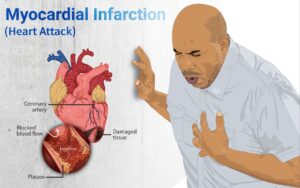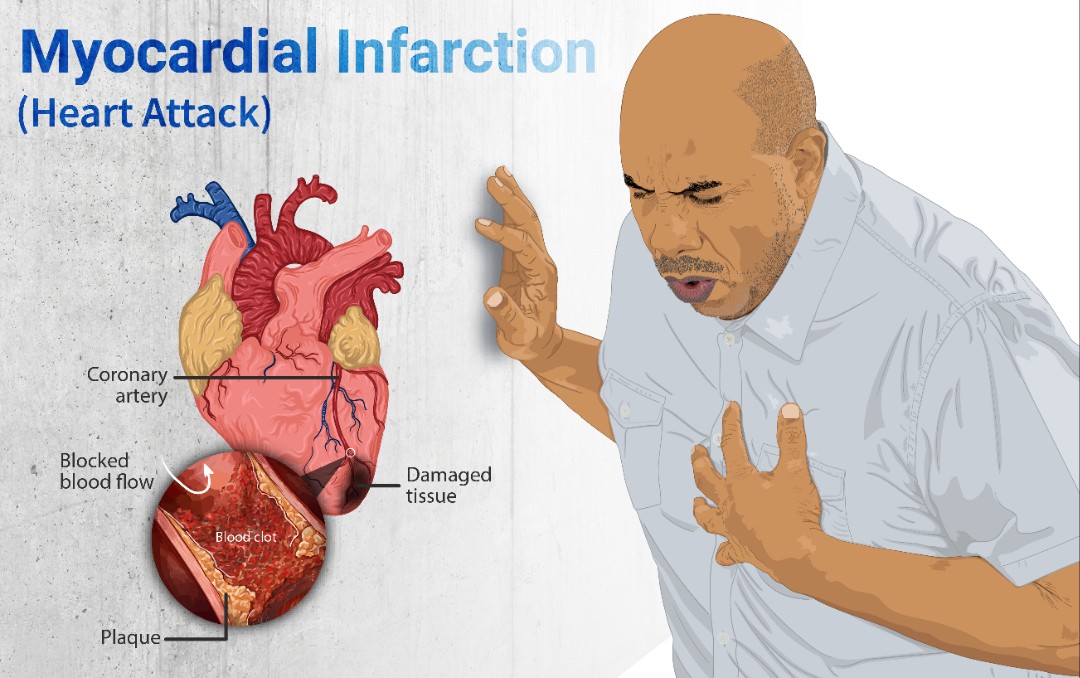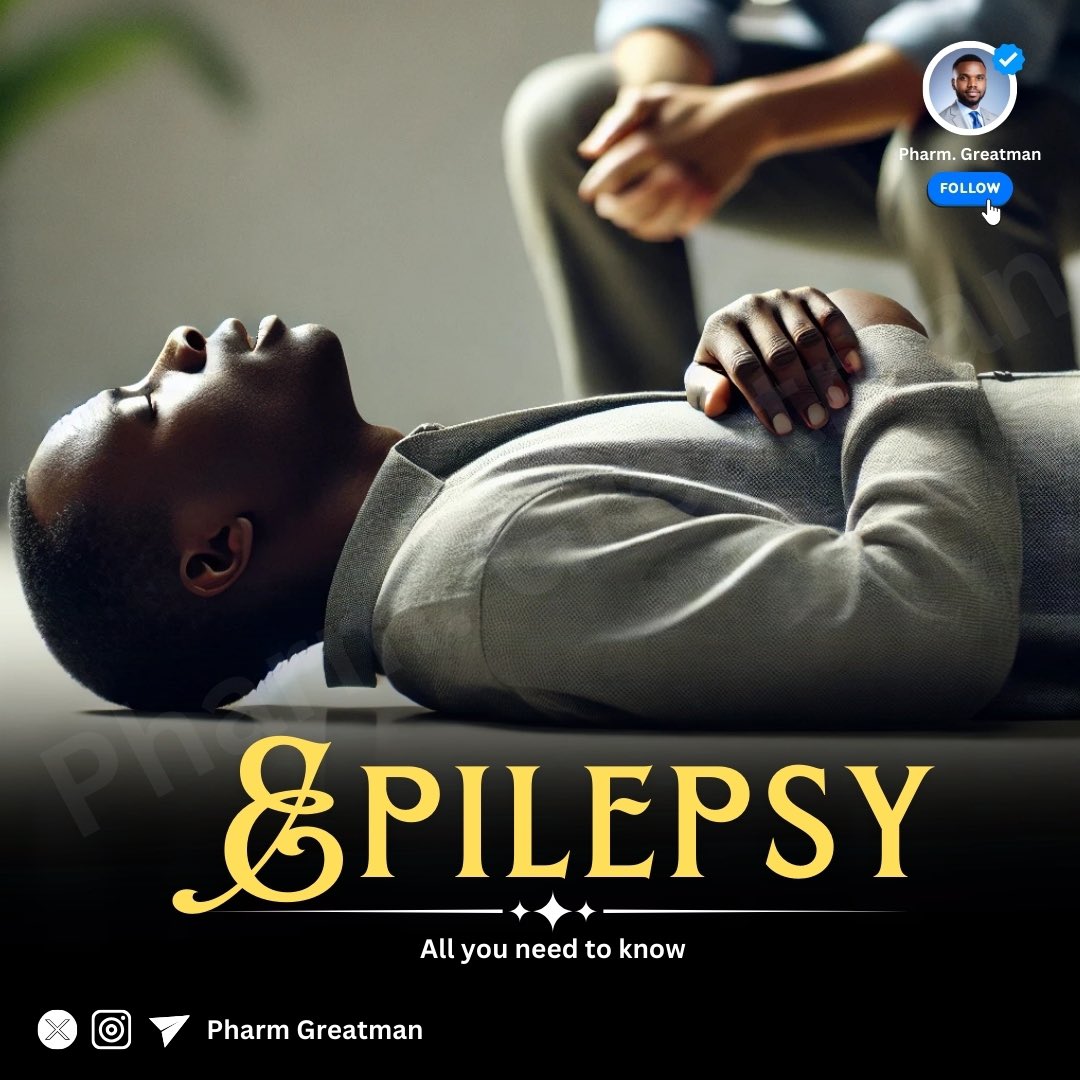GLAUCOMA 101
Glaucoma is the silent thief of sight. It can take your vision without warning you first. Early detection is your best defense.
This thread explains what you need to know to protect you and yours
✍🏽 WHAT IS GLAUCOMA?
It is an eye condition that damages the optic nerve, the crucial link between your eye and brain.
The scary part? It usually happens without you even knowing!
Over time, the damage can lead to permanent vision loss and even blindness if not caught early

✍🏽 THERE ARE TWO MAIN TYPES
1. Open Angle
The most common. It creeps up on you.
fluid doesn’t drain well in the eye, leading to a slow buildup of pressure. No pain, no early signs. You may not notice it until your vision starts fading.
2. Closed Angle
Less common, but a medical emergency.
The drainage angle of the eye suddenly closes, causing a spike in eye pressure. Expect severe eye pain, nausea, and sudden blurred vision.
✍🏽 WHY SHOULD YOU CARE?
Glaucoma is known as the “silent thief of sight.” By the time you notice vision loss, the damage is often done
Once your optic nerve is harmed, there’s no turning back. Early detection is the best defense!
✍🏽 WHO IS AT RISK?
– Over 60? Your risk increases.
– If a close family member has it, your chances double.
– Conditions like diabetes, high blood pressure, or migraines can raise your risk.
– African, Asians, and Hispanics are more prone to certain types of glaucoma

✍🏽 QUIET SIGNS TO LOOK OUT FOR
– Slowly losing your side vision
– Seeing halos around lights.
– Blurred vision that worsens over time.
– For angle-closure glaucoma: Severe eye pain, redness, nausea, and sudden vision loss.
✍🏽 WHAT HAPPENS IF YOU HAVE IT?
Treatment won’t reverse damage, but it can help slow the progression:
-Eye Drops
To reduce pressure by helping fluid drain or lowering fluid production.
– Laser Therapy
To open drainage channels to reduce pressure.
– Surgery
For severe cases, surgery can create new drainage pathways.
If diagnosed, stick to your prescribed treatments religiously.
Skipping eye drops or delaying follow-ups can speed up vision loss. It’s not just about medication, it is about preserving your sight.
✍🏽 PREVENTION TIPS
– Get routine eye check-ups, especially if you’re over 40 or have a family history of glaucoma
– Wear protective eyewear during sports or other activities that can lead to eye injury
– Moderate exercise, like walking or jogging, can help reduce eye pressure and improve eye health
– A diet rich in antioxidants, leafy greens, and omega-3 fatty acids (e.g fatty fish) can support your eyes
– High caffeine intake can increase eye pressure, so it’s best to moderate your consumption
– Smoking negatively impacts blood flow to the optic nerve, increasing your risk of glaucoma
Glaucoma is not the end of your vision.
By carefully working with an Eye doctor (optometrist, Ophthalmologist), your vision can be improved to help you adjust and maintain a fulfilling life despite any vision changes👍🏼










